Has your bank ever charged you a fee that you did not understand or seemed too high? It can be very frustrating when someone takes money out of your account without your consent, especially if you are on a tight budget. Bank fees can add up quickly, leaving you with less money than you expected.
Many people do not understand how bank fees work, so they allow their banks to get away with unfair practices. This is why it is important that you know what you are dealing with.
What are bank fees?
Your bank may charge an overdraft fee whenever you try to make a purchase or withdrawal that exceeds the amount of money currently available in your account. You also may have to pay a non-sufficient funds (NSF) fee if your bank returns an electronic transaction or check. These fees are legal in many cases, but there are exceptions that you should look out for.
How can your bank unfairly charge you?
There are tricks that your bank may use to overcharge you. For example, your bank might charge an overdraft fee because of intervening transactions, even though you had enough money in your balance. Your bank might also try to charge you for depositing someone else’s check that did not have enough money on it, which could be a Consumer Financial Protection Act violation.
Banks make a lot of money off of extra fees, so they might try to nickel and dime you whenever they can. However, with the right information, you can make sure that your hard-earned money is safe from these tactics.

